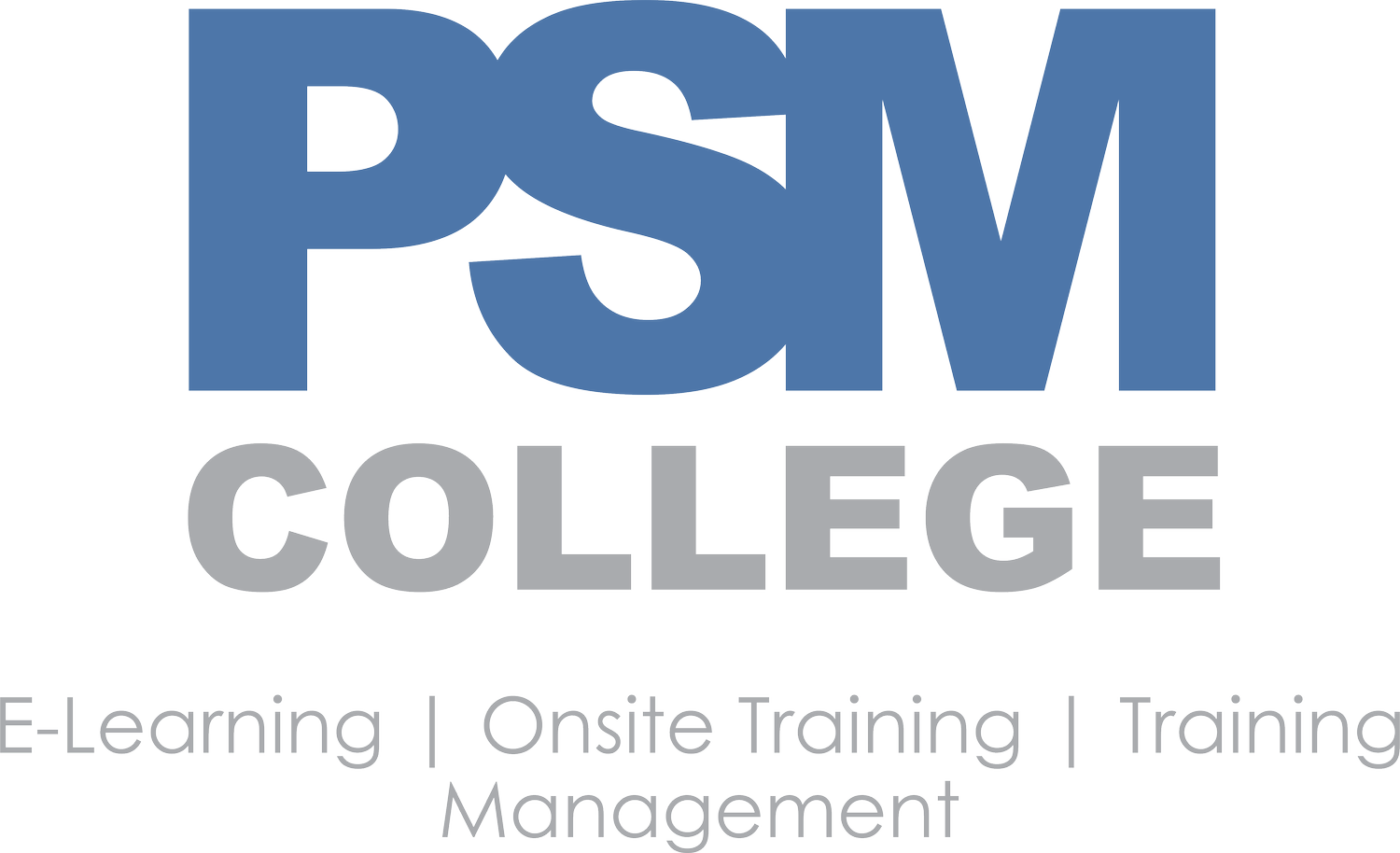Advanced Logistics & Operations Management
The professional management of the operations and logistics function is vital to the survival and growth of every business enterprise.
Provides companies with a leading edge to profit in local and international markets through higher quality, improved customer service, better performance and lower cost.
Instruction is highly participative, with the emphasis on case studies and group work. Our Training Facilitators are experienced senior managers within the supply chain profession.
Duration
5 days full-time (weekdays) or 12 weeks part-time (Saturday mornings) or 2-12 months by correspondence. The average learner will need approximately 145 hours consisting of 48 hours of tuition and 97 hours for readings and assignments, to successfully complete the programme.
Assessment
12 written assignments (one following the completion of each learning module) and 1 final written examination or job-related report.
Accreditation
This programme is a short course aligned with the latest industry standards and protocols.
Successful learners will be issued a PSM College Certificate.
Course Objectives
Develop an awareness of the importance and value of an efficient Inventory operation.
Conduct a detailed study of accounting and record keeping available to management.
Introduce students to sophisticated inventory management systems.
Course Content
Introduction to Operations Management: Process Management, The Scope of Operations Management, Operations Management and Making, The Historical Evolution of Operations Management, Operations Today, Key Issues for Today's Operations
Competitiveness, Strategy and Productivity: Competitiveness, Mission and Strategies, Operations Strategy, Implifications of organisation Strategy for Operations Management, Transforming Strategy into Action: The Balanced Score Card, Productivity
Forecasting: Features Common to All Forecasts, Elements of a Good Forecast, Forecasting and the Supply Chain, Steps in the Forecasting Process, Forecast Accuracy, Approaches to Forecasting, Qualitative Forecasts, Forecasts Based on Time-Series Data, Associative Forecasting Techniques, Monitoring the Forecast, Choosing a forecasting Techinique, Using forecast Information, Computer software in Forecasting, Operations Strategy.
Product and Service Design: Legal and Ethical Considerations, Cultural Factors, Global Product and Service Design, Environmental Factors: Sustanability, Phases in Product Design and Development, Service Design.
Strategic & Capacity Planning for Products and Services: Defining and Measuring Capacity, Determinants of Effective Capacity, Strategy Formulation, Forecasting Capacity Requirements, Do It In-House or Outsource It?, Developing Capacity Strategies, Operations Strategy.
Location Planning and Analysis: The need for Location Decisions, The Nature of Location Decisions, Global Locations, General Procedure for Making Location Decisions, Identifying a County, Region, Community and Site, Evaluating Location Alternatives
Management of Quality: Insights on Quality Management, The Evolution of Quality Management, Quality Certification, Quality and Supply Chain.
Aggregate Planning: Basic Strategies for Meeting Uneven Demand, Techniques for Aggregate Planning, Aggregate Planning in Services, Disaggregating the Aggregate Plan, Master Scheduling, The Master Scheduling Process.
MRP and ERP: An Overview of MRP, MRP Inputs, MRP Processing, MRP Outputs, MRP in Service, Benefits and Requirements of MRP, MRP II, Capacity Requirements Planning, ERP
Inventory Management: The Nature of Importance of Inventories, Requirements of Effective Inventory Management, Inventory Ordering Policies, How much to Order: Fixed-Order-Internal Model, Operation Strategy
Supply Chain Management: Trends in Supply Chain Management, Global Supply Chain, Management Responsibilities, Procurement, Inventory Management, Order Fulfillment, Logistics.
Project Management: Project Life Cycle, Behavioral Aspects of Project Management, Work Breakdown Stricture, Planning and Scheduling with Gantt Charts, PERT and CPM, Probalistic Time Estimates, Determining Path Probabilities, Budget Control, Time-Cost Trade-Offs: Crashing, Advantages of Using PERT and Potential Sources of Error, Critical Chain Project Management, Risk Management.
Further information regarding latest course dates for full-time and part-time enrolment, course fees, enrolment forms and any other queries, please contact:
NATIONAL LINE 087 135 7889
or EMAIL US NOW
The content of this brochure, accurate at time of going to print, is subject to change without notification due to legislation, market requirements or any other reason. Due to legislative action pending at the time of print, the terms “Programme”, “Diploma” and “Advanced Diploma” may require alteration due to Government requirement. PSM College reserves the right to change the course content without notice.

